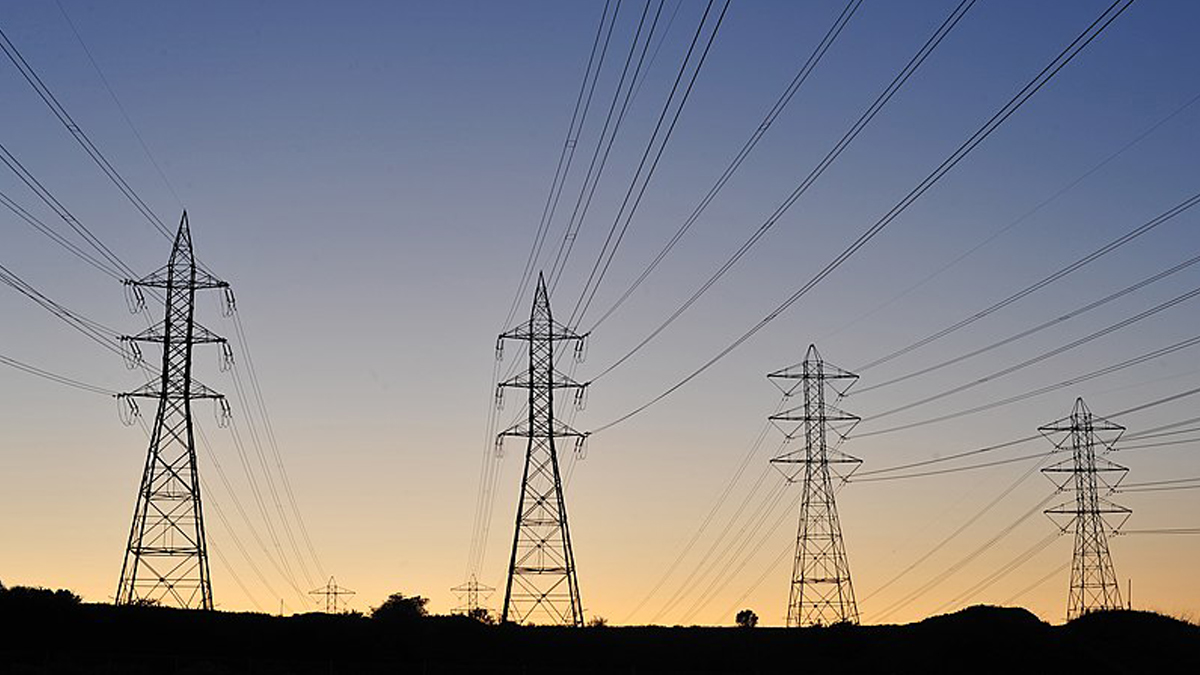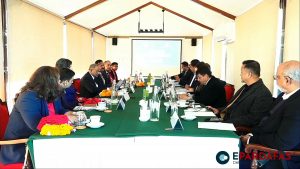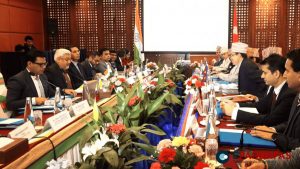
Bangladesh Secures Deal to Import 40 MW of Electricity from Nepal

In a significant move towards regional energy cooperation, Bangladesh has officially decided to import 40 megawatts (MW) of electricity from Nepal. The decision was formalized during a meeting of the Cabinet Committee on Economic Affairs held on Wednesday, chaired by Finance Minister AHM Mustafa Kamal in a virtual session.
After extensive discussions at political and bureaucratic levels among the involved nations, India has given its approval to allow Bangladesh to initiate the import of 40 MW of electricity from Nepal. This will be facilitated through Indian transmission infrastructure, as reported by The Business Standard, citing official sources.
The agreement to begin importing power from Nepal was reached during a two-day meeting of the Joint Steering Committee and Joint Working Committee on Bangladesh-Nepal power and energy sector cooperation, held in Bangladesh on May 14-15. The import will be made possible through the Baharampur-Bheramara transmission lines, which possess sufficient capacity to facilitate the transfer of electricity from Nepal through Indian territory.
It’s worth noting that Bangladesh has also signed a broader agreement with the Indian company GMR to import a total of 500 MW of electricity from Nepal. GMR holds the license for the development of the Upper Karnali Hydropower Project, which has a capacity of 900 MW. However, the project has yet to gain significant momentum.
This cross-border energy collaboration is seen as a positive step towards fostering stronger ties between Bangladesh and Nepal, opening avenues for increased cooperation in the power and energy sectors. The move is expected to contribute to regional energy security and stability.
- Thai Uyghur Detainees Face Looming Deportation to China, Sparking Global Outcry
- RSP President Rabi Lamichhane Appears in Court Over Embezzlement Allegations
- Gold and Silver Prices Surge in Nepal Following Global Trends
- DPM Paudel Calls for Collective Action on Climate Change and Trade Sustainability











Comments